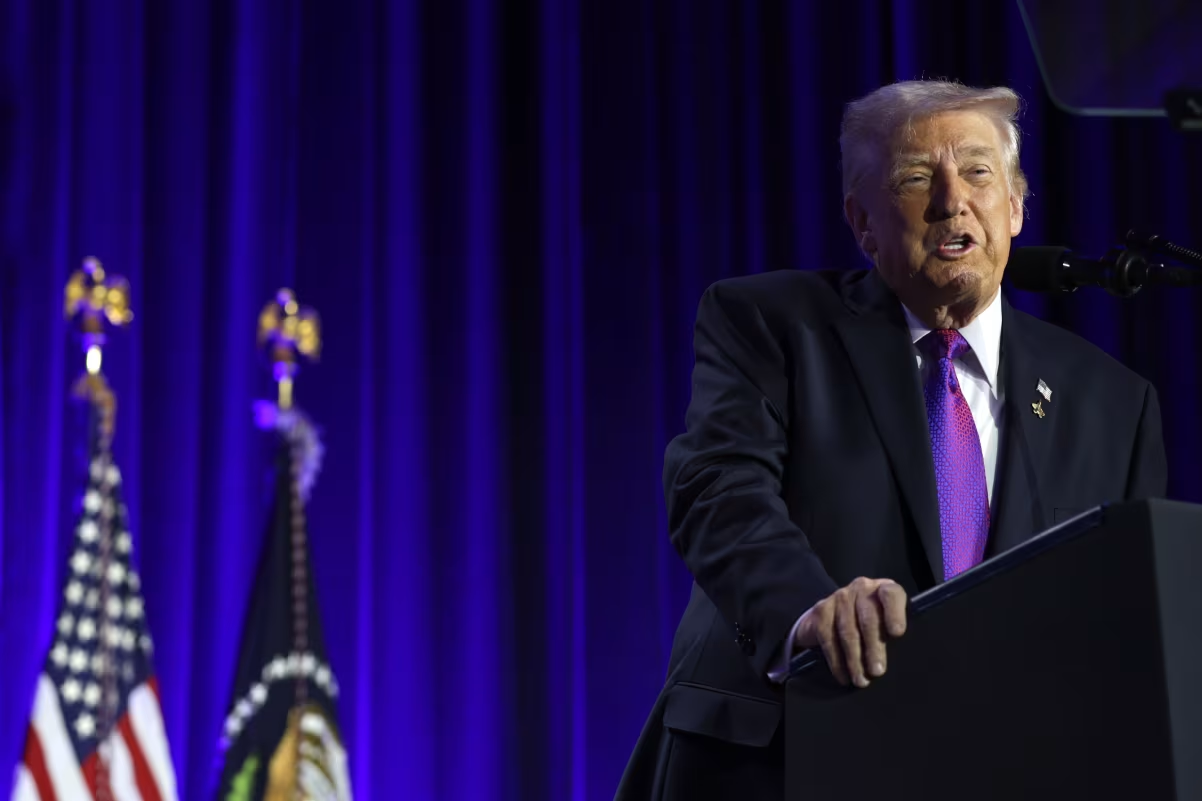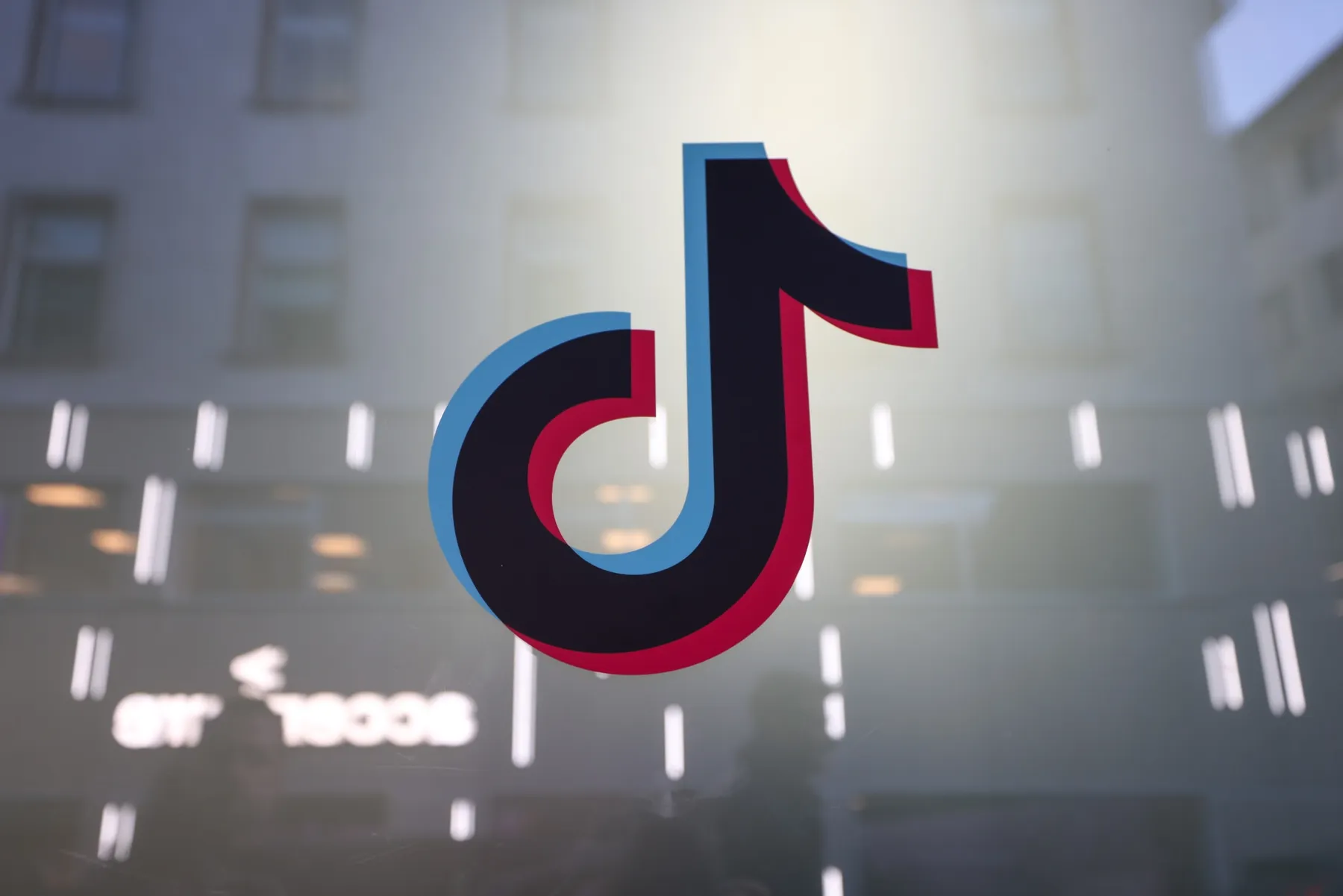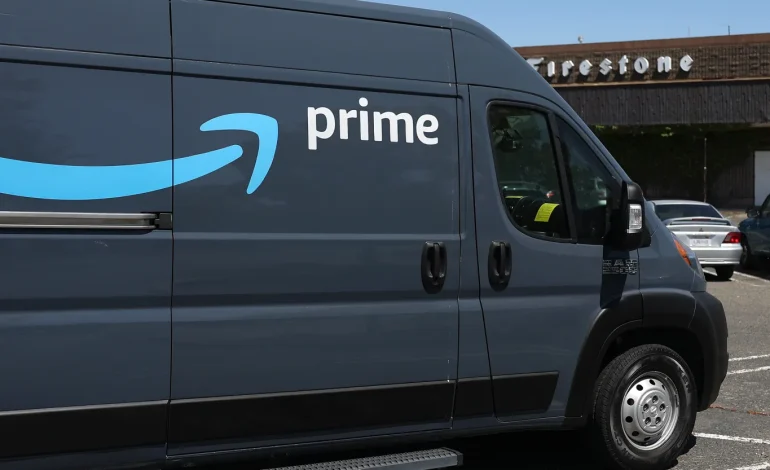Amazon is writing a $2.5 billion check to put to bed a blockbuster Federal Trade Commission case accusing it of nudging shoppers into Prime and then throwing up roadblocks when they tried to quit. The deal landed just three days into a Seattle jury trial, short-circuiting what was shaping up to be a rare, high-stakes courtroom brawl over the retail giant’s growth engine.
Here’s the gist: $1 billion goes to the government as a civil penalty and $1.5 billion will be used to reimburse customers who were roped into Prime unintentionally or couldn’t easily cancel. If you’re eligible, the payout could be about $51, according to the FTC, which says roughly 35 million people may qualify. Amazon, for its part, admits no wrongdoing.
The case dates to 2023, when the FTC sued Amazon for using “manipulative, coercive, or deceptive” design tricks — so-called dark patterns — to push auto-renewing Prime sign-ups, then burying the off-ramp behind a maze of screens. Internal documents aired by the agency described “subscription driving” as “a bit of a shady world,” with one line calling unwanted enrollments “an unspoken cancer.”
Prime isn’t just another line item for Amazon; it’s the flywheel. More than 200 million people globally pay $139 a year (or $14.99 a month) for faster shipping and perks like streaming, and Prime members reliably buy more, more often. Subscriptions — mostly Prime — generated over $44 billion last year, but the real value is how sticky those members are.
Under the settlement, Amazon has to stop misrepresenting Prime’s terms, make those terms “clear and conspicuous” during sign-up, and get explicit consent before charging a subscription. It must also add a prominent way to decline Prime at checkout and offer a simple cancellation path. An independent monitor will keep watch on compliance, and two executives tied to the Prime business are bound by the order’s constraints going forward.
FTC Chair Andrew Ferguson called the outcome a “monumental win” and one of the largest settlements in the agency’s history. By dollar figure, it trails only Meta’s $5 billion privacy penalty from 2019, though it still amounts to roughly a tenth of a percent of Amazon’s roughly $2.4 trillion market value — one reason the stock barely budged on the news.
The timing was notable. A jury had just begun hearing opening arguments, and three senior Amazon leaders faced the prospect of individual liability if the panel sided with the FTC. Settling now spares Amazon weeks of testimony about Prime’s internal mechanics — and the reputational hit that would accompany it.
For customers, the practical changes may matter more than the money. The government says Amazon must make it as easy to say “no” as it is to say “yes,” and just as easy to leave Prime as it is to join. If that sticks, a lot fewer shoppers should find themselves paying for a membership they never meant to buy — or kept longer than they wanted.
This isn’t Amazon’s only showdown with the FTC. A separate, sweeping antitrust case accusing the company of running an illegal monopoly is barreling toward trial in early 2027. Today’s settlement won’t touch that fight, but it does signal the regulator’s appetite for forcing behavior changes — not just collecting fines — when the biggest players cross the line.
The New York Times, CNBC, Reuters, NPR, the Financial Times, and AP contributed to this report.










The latest news in your social feeds
Subscribe to our social media platforms to stay tuned